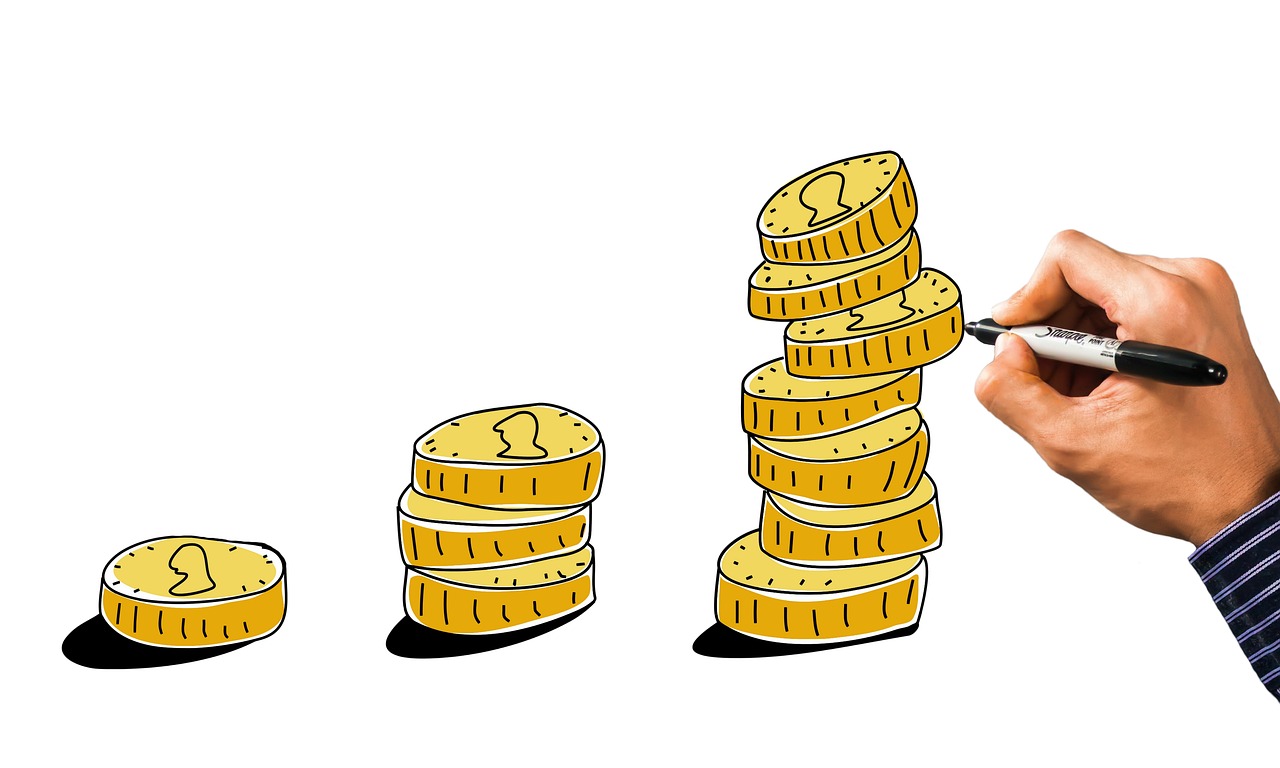
Bank of Korea Holds Rates Steady
The Bank of Korea (BOK) has decided to keep its policy interest rate at 2.5% as it evaluates the effectiveness of recent measures aimed at cooling the overheating housing market in Seoul. This decision comes in light of a substantial increase in housing prices, which surged over 19% year-on – year in June, according to data from Goldman Sachs. The central bank is expected to implement rate cuts in its upcoming meetings, primarily due to the escalating household debt levels that pose a significant risk to financial stability.
Rising Housing Prices in Seoul
Recent data indicates a notable acceleration in housing prices in Seoul, with the annualized rate reaching 19% in June. This spike has prompted the BOK to assess its monetary policy strategies critically. The rapid increase in housing prices has been attributed to a combination of factors, including a surge in household loans, which are projected to have reached approximately 7 trillion won (around $4.7 billion) in June alone. Such rapid growth in household debt is a crucial consideration for the BOK as it navigates the delicate balance between stimulating the economy and ensuring financial stability.
Impact of Household Debt on Monetary Policy
Household debt in South Korea has become a central focus of the BOK’s monetary policy considerations. The unique rental system in South Korea, characterized by the “jeonse” or key money deposit, places a heavy financial burden on renters. This system requires renters to pay a deposit equivalent to 50% to 80% of the property’s market value, often financed through loans. This reliance on debt has led to increased financial strain on households, thereby influencing consumer spending and economic growth. Analysts, including Homin Lee from Lombard Odier, have highlighted that the BOK’s mandate prioritizes financial stability, especially in light of rising household debt levels.
Future Rate Cuts Expected
Market analysts anticipate that the BOK will implement rate cuts in the near future, particularly in its August and November meetings. Goldman Sachs has indicated that new mortgage lending restrictions could pave the way for these reductions. The forecast is based on the stabilization of the South Korean won against the dollar and the current trajectory of core inflation, which remains within target levels. However, it is also crucial to note that the BOK may adopt a cautious approach post-rate cuts, as household debt concerns continue to loom large over the economic landscape.

Economic Environment and Challenges
The South Korean economy is currently facing several headwinds, including a contraction of 0.2% in the first quarter of 2025 due to sluggish export growth and weakened construction activity. Additionally, geopolitical tensions have arisen, particularly with U. S. President Donald Trump’s threats to impose 25% tariffs on all South Korean imports if a trade deal is not reached. These factors contribute to an uncertain economic environment that complicates the BOK’s decision-making process regarding interest rates.

The Role of Jeonse System in Housing Debt
The jeonse system in South Korea significantly contributes to the high levels of household debt. This unique rental system requires large upfront deposits, which renters often finance through loans. Samuel Rhee from Endowus explains that this creates considerable debt burdens for households, which can ultimately distort capital allocation in the economy. The BOK has expressed concerns that the rising debt levels could undermine households’ spending power, leading to a detrimental impact on long-term economic growth.

Conclusion on Housing Market Measures
In conclusion, the Bank of Korea’s decision to maintain its current interest rate reflects a careful evaluation of the housing market dynamics and household debt levels in South Korea. The central bank’s upcoming policy meetings will be critical in determining the future trajectory of interest rates, particularly as it seeks to address the challenges posed by rising housing prices and escalating household debt. As the BOK navigates this complex landscape, the focus will remain on balancing financial stability with the need for economic growth.
